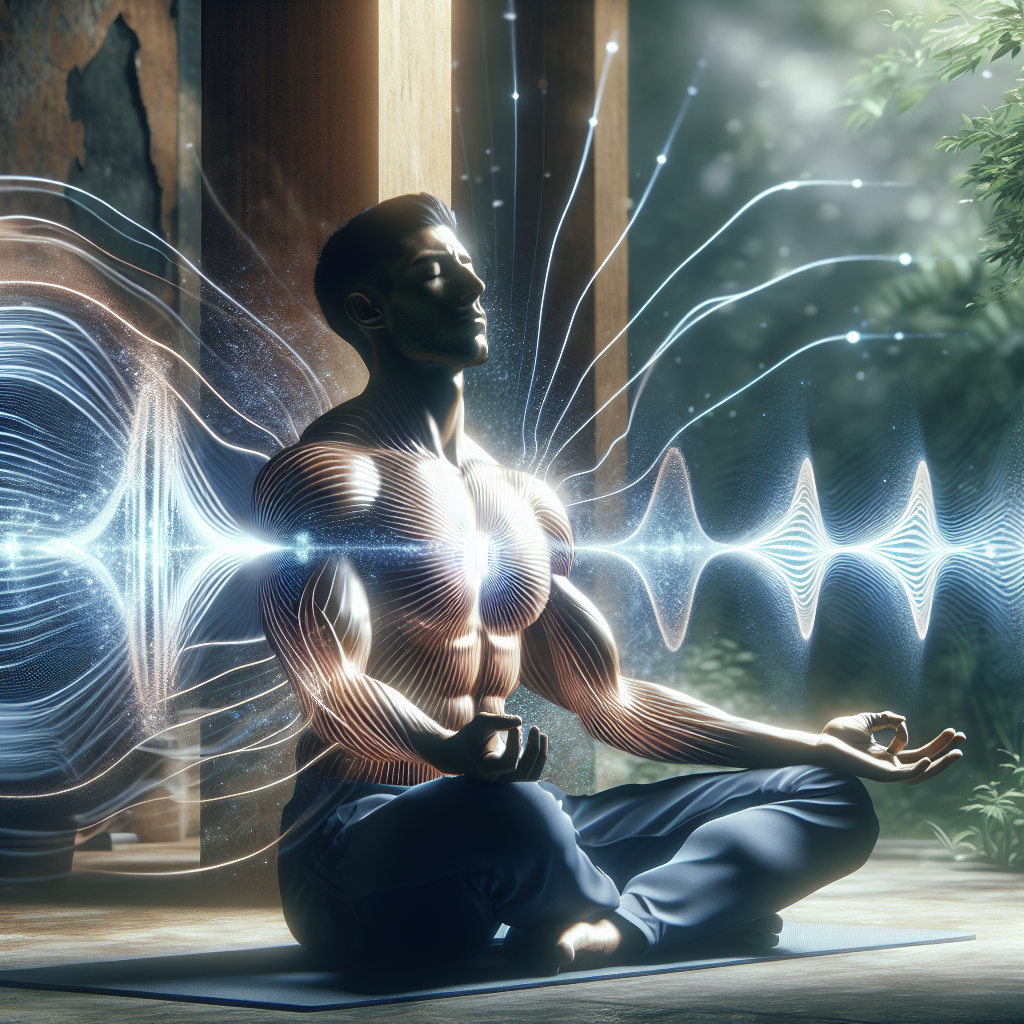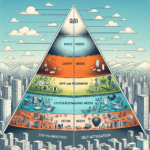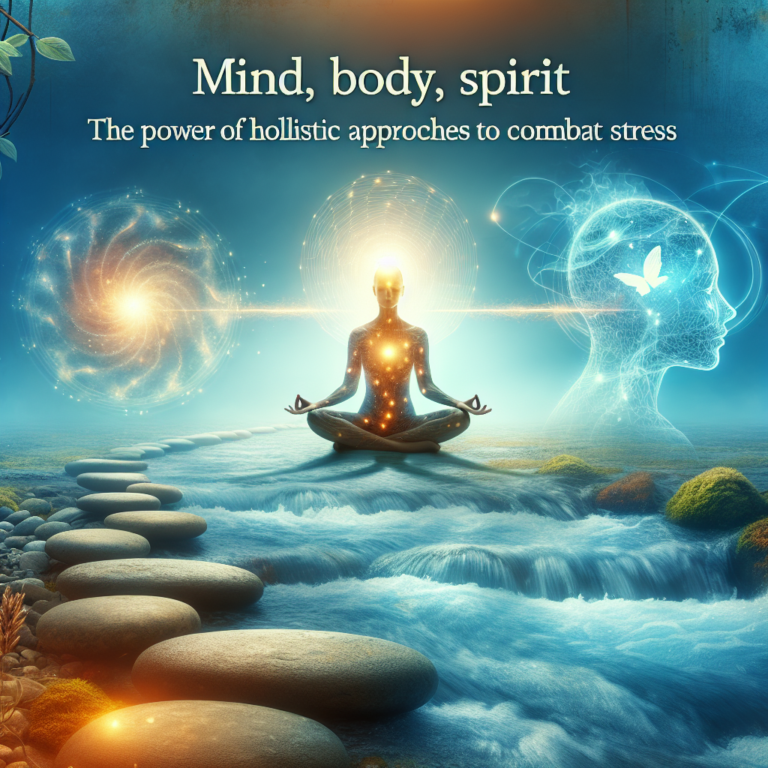
PMR for Performance: How Athletes Use Progressive Muscle Relaxation to Enhance Focus
Introduction
Imagine standing at the starting line of a race, your heart pounding, adrenaline surging, and distraction lurking just outside the periphery of your mind. For many athletes, the challenge doesn’t just lie in physical prowess but also in managing mental clarity and focus. Progressive Muscle Relaxation (PMR) has emerged as an essential tool in the athlete’s toolkit, a proven technique distinct for its contributions to enhanced focus and peak performance. This article delves into the transformative impact of PMR for Performance: How Athletes Use Progressive Muscle Relaxation to Enhance Focus and showcases how this method can lead to exceptional athletic achievements.
Understanding PMR: The Basics and Benefits
What is Progressive Muscle Relaxation?
Progressive Muscle Relaxation (PMR) is a simple yet effective technique that encourages physical relaxation through a systematic approach of tensing and then relaxing different muscle groups in the body. Developed by Dr. Edmund Jacobson in the 1920s, the practice was originally intended to treat stress and anxiety. However, over decades, athletes have adopted PMR for Performance: How Athletes Use Progressive Muscle Relaxation to Enhance Focus, enabling them to manage stress and improve their concentration.
Benefits of PMR for Athletes
- Enhanced Focus: By reducing physical tension and promoting calm, athletes can better concentrate.
- Stress Reduction: PMR helps in lowering anxiety levels, a critical factor for athletes on competition day.
- Improved Recovery: Relaxation techniques can accelerate muscle recovery post-training or competition.
- Heightened Awareness: Athletes become more in tune with their bodies, enhancing their performance.
How PMR Works
The core of PMR is the principle that physical relaxation promotes mental relaxation. By focusing on different muscle groups, athletes not only learn to release tension but also cultivate a heightened state of awareness about their bodies, leading to improved performance overall.
PMR Techniques for Athletes
Step-by-Step Guide to PMR
- Find a Quiet Space: Choose a calm environment, free from distractions.
- Lie Down or Sit Comfortably: Position yourself in a way that feels relaxed.
- Deep Breathing: Inhale deeply through your nose and exhale through your mouth.
- Tense and Relax: Start from your toes, tense the muscles for 5 seconds, then relax them as you exhale.
- Progress Up the Body: Repeat this process with each muscle group, moving up to your head.
- End with Deep Breaths: Spend a few moments in total relaxation and mindfulness.
Incorporating PMR into Daily Routines
Pre-Competition Preparation
Athletes can integrate PMR as part of their pre-competition routines. Implementing a PMR session leads to improved focus as they prepare for the mental demands of their sport.
During Training
Using PMR techniques during training sessions can provide athletes with immediate feedback on muscle tension and relaxation, enabling them to improve technique and performance.
Case Studies
Case Study 1: The Olympic Runner
An Olympic runner struggled with her pre-race anxiety, often feeling overwhelmed as the competition approached. After integrating PMR into her training regimen, she reported a 30% improvement in her focus levels during races. By systematically tensing and relaxing her muscles before each event, she learned to manage her anxiety, leading to a personal best in her times.
Relevance: This case underscores how PMR can aid athletes in peak performance situations, particularly when nerves are high.
Case Study 2: The Professional Tennis Player
A professional tennis player began incorporating PMR sessions post-match. Not only did he experience faster recovery from physical exertion, but he also noted that his mental clarity improved significantly during matches. He often used PMR between sets, allowing him to reset mentally and maintain focus on his strategy.
Analysis: This example highlights the recovery benefits of PMR and its role in mental preparedness in high-stakes environments.
PMR and Mental Resilience
In competitive sports, mental resilience can be just as crucial as physical ability. PMR teaches athletes to manage stress, which can lead to noticeable improvements in performance. This mental training can create a strong foundation that helps them cope with the pressures of competition.
The Science Behind PMR
Research Findings
Multiple studies have demonstrated the positive effects of PMR on athletic performance:
- Study 1: A 2018 study published in the Journal of Sports Psychology found that athletes who practiced PMR showed measurable improvements in focus during high-pressure situations.
- Study 2: Research conducted at a leading sports university indicated that athletes using PMR experienced reduced cortisol levels, the hormone associated with stress.
Table: Summary of Research Outcomes
| Research Study | Focus Area | Outcomes |
|---|---|---|
| 2018 Study | PMR and Emotional Control | Increased focus and reduced anxiety levels. |
| University Study | PMR and Physiological Effects | Decreased cortisol and improved recovery times. |
PMR vs. Other Relaxation Techniques
While there are various relaxation techniques, such as meditation and deep breathing, PMR is unique because it combines physical and mental aspects. This dual focus allows athletes to realize immediate results in both muscle relaxation and mental clarity.
Practical Applications of PMR for Athletes
Incorporating PMR into Training Programs
Coaches can introduce PMR into their training regimens to help athletes learn how to integrate it into their personal routines. Regular practice encourages long-term benefits that extend beyond mere performance into the athletes’ overall well-being.
Customizing PMR Techniques
Each athlete may find that different techniques work better for them. Some may prefer longer sessions, while others might opt for quicker methods they can use during competition or practice.
Example of a Customized PMR Session
Morning PMR Routine:
- Sequence: Full-body PMR focusing on muscle groups essential for their sport (e.g., legs for runners, arms for swimmers).
- Duration: 10-15 minutes.
- Focus: Visualize success in upcoming competitions.
Conclusion
The potency of PMR for Performance: How Athletes Use Progressive Muscle Relaxation to Enhance Focus can’t be overstated. As athletes confront both physical and psychological challenges in their pursuits, the integration of PMR can create a foundation of relaxation, resilience, and peak performance. By mastering this technique, athletes can unlock greater levels of focus and calmness, essential elements in their quest for success.
As you consider implementing PMR, remember: patience and consistency are key. Whether you’re an elite athlete or simply someone striving for personal excellence, the benefits of PMR are within reach. Take that first step, and begin your journey towards enhanced focus and performance today.
FAQs
What is the best time to practice PMR?
- PMR can be practiced anytime—before workouts, after training, or as part of a pre-competition routine.
Can PMR help with anxiety?
- Yes, PMR is highly effective in reducing anxiety and boosting confidence, especially for athletes facing overwhelming competition.
How long does a PMR session typically last?
- A typical PMR session ranges from 10 to 30 minutes, depending on individual preferences.
Do professional athletes use PMR regularly?
- Many professional athletes incorporate PMR into their daily routines for its lasting benefits on both physical and mental performance.
- Is PMR suitable for everyone?
- Yes, PMR can be adopted by anyone, regardless of athletic experience, making it an accessible tool for stress relief and focus enhancement.
By choosing to engage with PMR for Performance: How Athletes Use Progressive Muscle Relaxation to Enhance Focus, you not only enhance your performance but also invest in your mental resilience, creating a comprehensive approach to achieving your ultimate goals.















